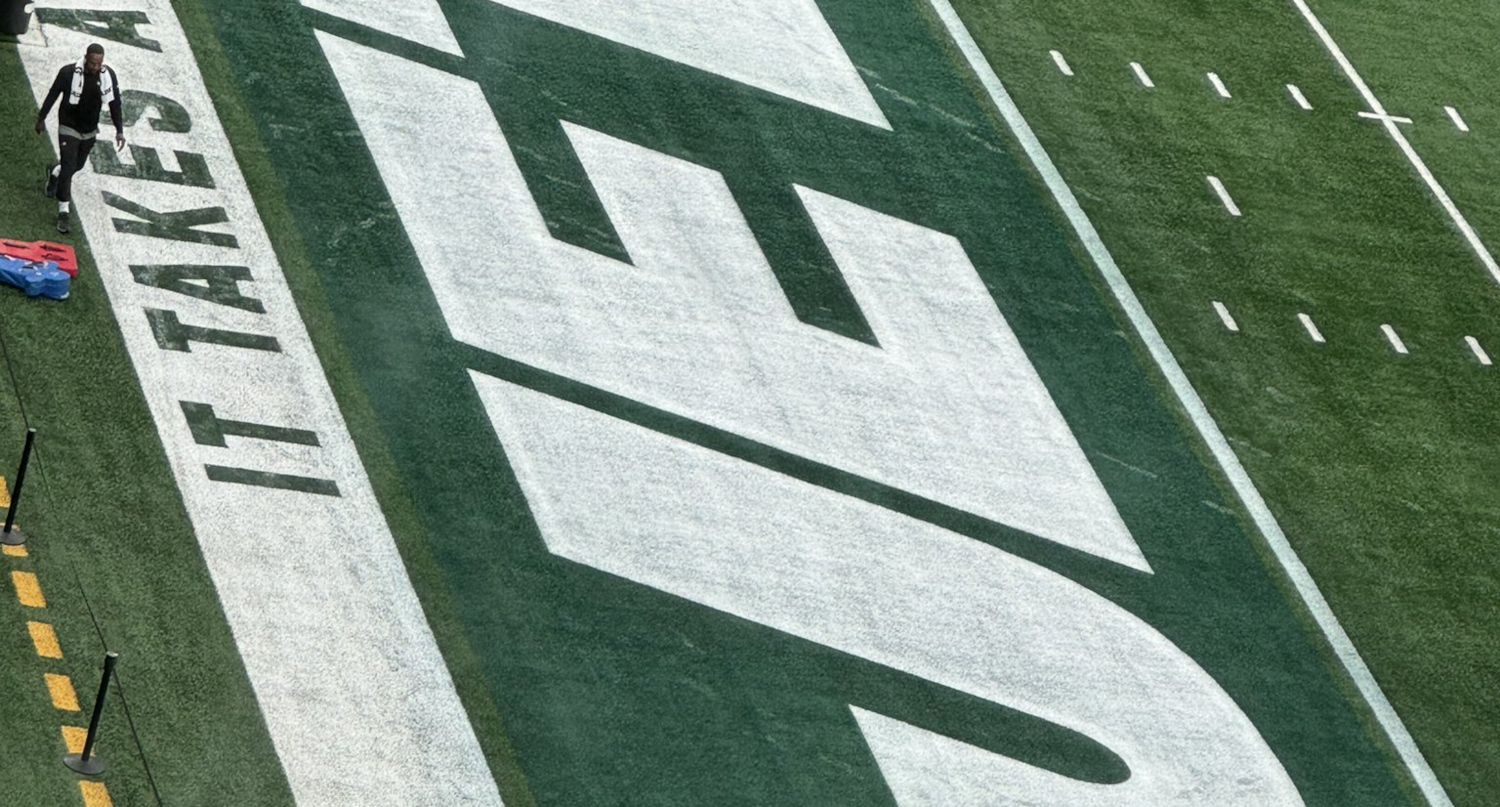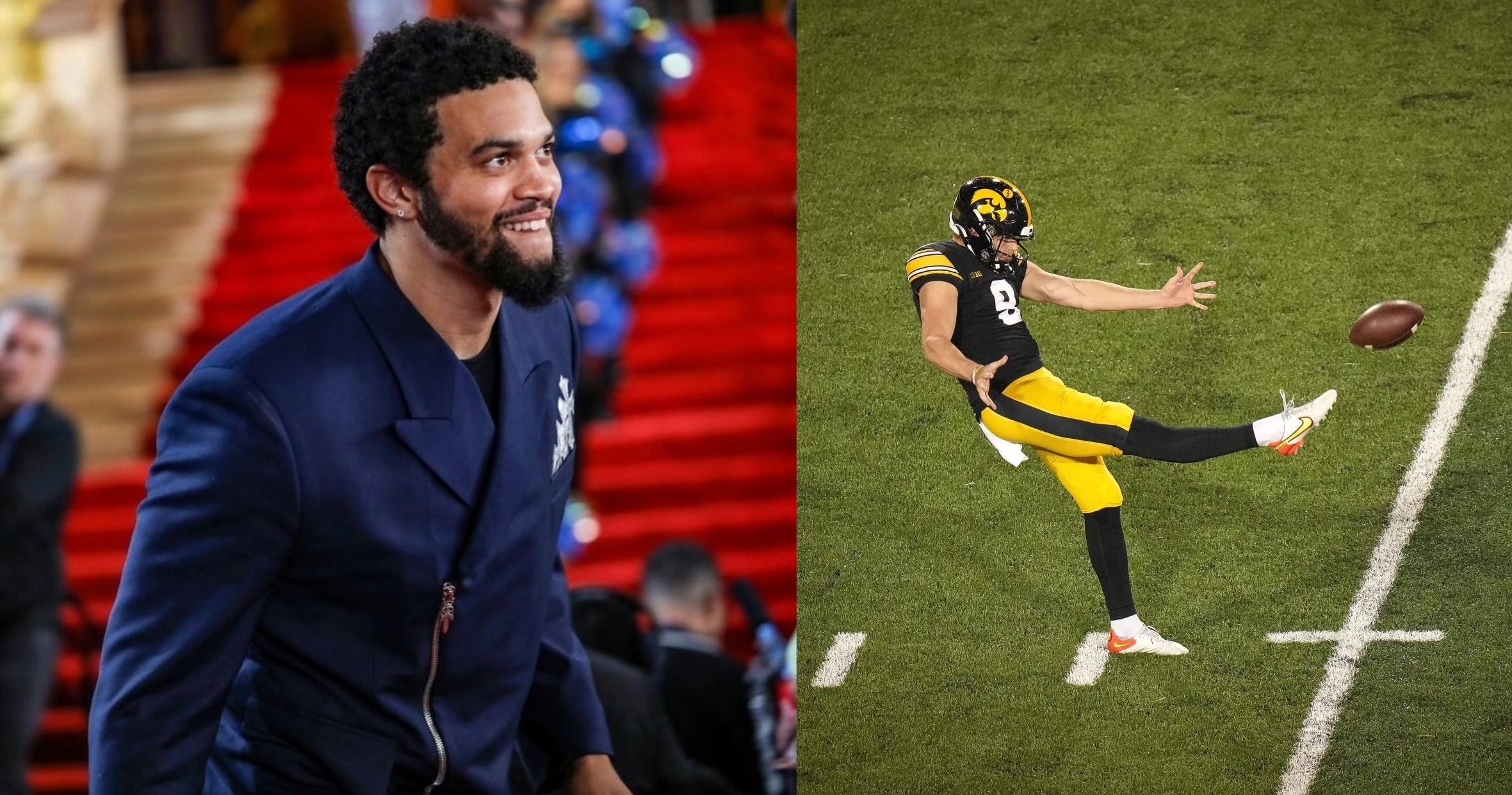The Miami Hurricanes’ biggest figure in name, image, and likeness deals appears to be in some potential trouble with the SEC. No, not the Southeastern Conference, the Securities and Exchange Commission. Ben Weider and Jay Weaver of The Miami Herald reported Sunday that Hurricanes’ booster John H. Ruiz, who has been called Miami’s “NIL King” by ESPN and other outlets, and his health insurance claims company LifeWallet (where he is the founder and CEO) are facing federal civil and criminal investigations.
’Red flags on top of red flags’: Problems mount for UM athletics booster John Ruiz https://t.co/NG6nrSwLX7
— Miami Herald (@MiamiHerald) July 30, 2023
Here’s more from that story:
Ruiz and LifeWallet are the target of investigations by the U.S. Securities and Exchange Commission and the U.S. Attorney’s Office for the Southern District of Florida.
The SEC declined to officially comment on whether it is investigating Ruiz’s company. But the regulatory agency indicated that MSP Recovery, doing business as LifeWallet, is currently under federal investigation in response to a Freedom of Information Act request from the Miami Herald. The SEC said it could not turn over records requested by the Herald because they had been “compiled for law enforcement purposes” and could “reasonably be expected to interfere with enforcement activities.” Sources familiar with the probe say SEC investigators are looking at what Ruiz’s company represented to investors about its value and other possible securities violations.
The Herald has also learned that multiple witnesses have been interviewed about Ruiz and his company by the U.S. Attorney’s Office in Miami. The investigation, led by FBI and IRS agents, is looking at financial representations made to investors and spending practices, according to sources. All three agencies declined to comment.
Beyond the federal investigations, LifeWallet and Ruiz are facing various lawsuits. Those include a claim that Ruiz only paid $15 million of the $35 million he agreed to pay for boat manufacturer Vectorworks in 2021, and a claim from Norberto Menendez, founder of the company that gave LifeWallet its name, that he’s owed $12.5 million. That latter lawsuit includes a dispute over if Menendez was to be paid in cash or stock, and that’s a rather big distinction: LifeWallet went public on the NASDAQ exchange in 2022 following a special purpose acquisition company merger last year, and started trading at $10 a share, but was trading at just $0.22 a share Sunday.
And the issues with LifeWallet go beyond the stock price. As that Herald piece notes, the company only filed its 2022 financial report this week, months late (and only did so after the newspaper asked about it). That report showed they made $22.4 million last year from their primary business of recovering insurance claims, just 2.2 percent of the $992 million in 2022 revenue they projected before going public. Meanwhile, Ruiz and his companies have sold four of the seven Coral Gables mansions they owned at one point, and he told the paper he’s trying to sell a Boeing jet and a helicopter as well.
These challenges for Ruiz and LifeWallet could become significant problems for the Hurricanes. LifeWallet has NIL deals with a ton of Miami football players, including QB Tyler Van Dyke, All-American safety Kam Kinchens and defensive tackle Leonard Taylor, as well as with men’s basketball players who were key to the team’s Final Four run this year (including ACC player of the year Isaiah Wong, making six figures from the company, and Nijel Pack, who signed a two-year deal worth $800,000 and including a car after he transferred from Kansas State).
And Ruiz and LifeWallet have struck deals with top Miami female athletes as well. In fact, the Hurricanes got into trouble with the NCAA earlier this year, including a one-year probationary period for the whole athletics department and a three-game suspension for women’s basketball coach Katie Meier, over Meier arranging impermissible contact between potential student-athletes and a booster. The student-athletes in question appear to be Haley and Hannah Cavinder, who had dinner at one of Ruiz’s mansions before they officially transferred to Miami from Fresno State. (The twins left the program after this year’s run to the Elite Eight, and are now exploring opportunities with WWE and Betr, amongst other companies.) Ruiz said he’d sue the NCAA after that ruling, claiming “I’m not a booster,” but it’s unclear if he actually filed a lawsuit.
At any rate, these sound like major issues for LifeWallet and Ruiz. And that could have notable impacts on Miami’s athletic programs.
[The Miami Herald; image from Ruiz’s website]







